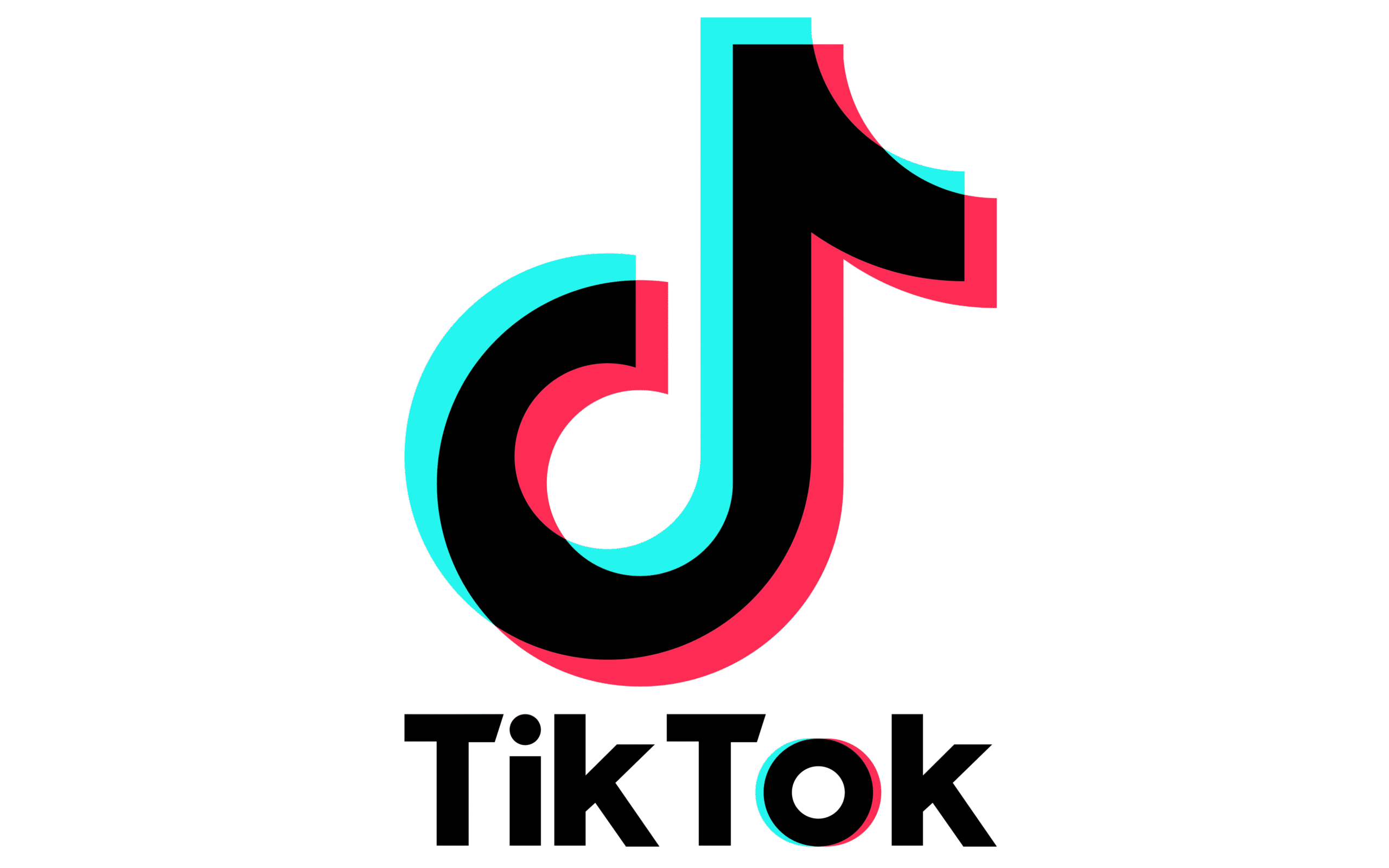TikTok: The Viral Sensation Under Scrutiny
TikTok, the short-form video platform, has taken the world by storm. With over a billion active users, it has become a cultural phenomenon, shaping trends, launching careers, and providing a space for creative expression. However, its meteoric rise has not been without its fair share of controversies. From data security concerns to content moderation issues, TikTok has faced increasing scrutiny from governments, privacy advocates, and the public.
A Global Phenomenon with Chinese Roots
Developed by the Chinese company ByteDance, TikTok’s popularity surged globally in recent years, particularly among younger demographics. Its algorithm, known for its ability to personalize content recommendations, keeps users engaged for hours. The app’s addictive nature and its influence on cultural trends have made it a powerful force in the digital landscape.
Data Security Concerns: A National Security Threat?
One of the most significant and persistent concerns surrounding TikTok revolves around data security. The app collects a vast amount of user data, including browsing history, location information, and even biometric data. This data collection has raised concerns about potential misuse or access by the Chinese government.
-
The Chinese National Intelligence Law: Critics point to China’s National Intelligence Law, which requires organizations and citizens to support and cooperate with state intelligence work. This law has fueled fears that ByteDance could be compelled to share user data with the Chinese government, potentially compromising the privacy and security of millions of users worldwide.
-
Data Transfer and Storage: Concerns have also been raised about where TikTok stores user data. While ByteDance claims to store data in the United States and Singapore, critics argue that the company’s ultimate control resides in China, making the data vulnerable to access by Chinese authorities.
Government Actions and Restrictions
The data security concerns have led to government actions and restrictions in several countries:
-
India: In 2020, India banned TikTok along with dozens of other Chinese apps, citing national security concerns. The ban followed border clashes between India and China and was a significant blow to TikTok’s growth in one of its largest markets.
-
United States: The US government under the Trump administration attempted to ban TikTok through executive orders, citing similar national security concerns. These orders were challenged in court and ultimately blocked. The Biden administration has since taken a more nuanced approach, focusing on negotiating a deal with ByteDance to address data security risks. Project Texas is a multi-billion dollar initiative by TikTok to safeguard US user data, with data stored on US soil and overseen by Oracle.
-
European Union: European regulators have also been scrutinizing TikTok’s data practices, focusing on issues such as data transfers, targeted advertising, and the protection of children’s data.
Content Moderation Challenges: Harmful Content and Misinformation
In addition to data security, TikTok has faced criticism for its content moderation practices. The platform has struggled to effectively remove harmful content, including hate speech, misinformation, and content that exploits or endangers children.
-
Misinformation and Disinformation: TikTok has been criticized for allowing the spread of misinformation, particularly during the COVID-19 pandemic and political elections. The platform’s algorithm can amplify misleading or false information, reaching millions of users in a short period.
-
Harmful Challenges and Trends: The app has also been associated with dangerous challenges and trends that have led to injuries and even deaths. Examples include challenges that encourage risky behavior, self-harm, or violence.
-
Mental Health Concerns: Some experts have raised concerns about the potential impact of TikTok on mental health, particularly among young users. The constant exposure to curated content and the pressure to create engaging videos can contribute to anxiety, depression, and body image issues.
TikTok’s Response and Mitigation Efforts
ByteDance has taken steps to address the concerns raised about TikTok, including:
-
Data Security Measures: The company has invested in data security infrastructure and has partnered with third-party firms to audit its data practices. Project Texas is one such example.
-
Content Moderation Policies: TikTok has updated its content moderation policies and has increased its investment in content moderation teams. The platform uses a combination of automated systems and human reviewers to identify and remove harmful content.
-
Transparency Reports: TikTok publishes transparency reports that provide information about content removals, government requests for data, and other relevant data.
The Future of TikTok: Navigating the Regulatory Landscape
The future of TikTok remains uncertain as it continues to navigate the complex regulatory landscape. The platform faces ongoing scrutiny from governments and regulators around the world, and it will need to demonstrate that it is taking meaningful steps to address data security and content moderation concerns.
To maintain its position as a leading social media platform, TikTok will need to:
-
Enhance Data Security: Strengthen data security measures and demonstrate that user data is protected from unauthorized access.
-
Improve Content Moderation: Invest in more effective content moderation systems and policies to remove harmful content quickly and consistently.
-
Promote Transparency: Be transparent about its data practices and content moderation policies, and engage with regulators and the public to address concerns.
-
Foster Responsible Use: Promote responsible use of the platform and provide resources for users who may be struggling with mental health issues or other challenges.
Conclusion
TikTok has undoubtedly transformed the social media landscape, offering a platform for creativity, entertainment, and connection. However, the platform’s rapid growth has also brought significant challenges, including data security concerns and content moderation issues. As TikTok continues to evolve, it must prioritize user safety, data protection, and responsible content moderation to maintain trust and navigate the complex regulatory environment. The future of TikTok will depend on its ability to address these challenges effectively and demonstrate its commitment to being a responsible and trustworthy platform.









